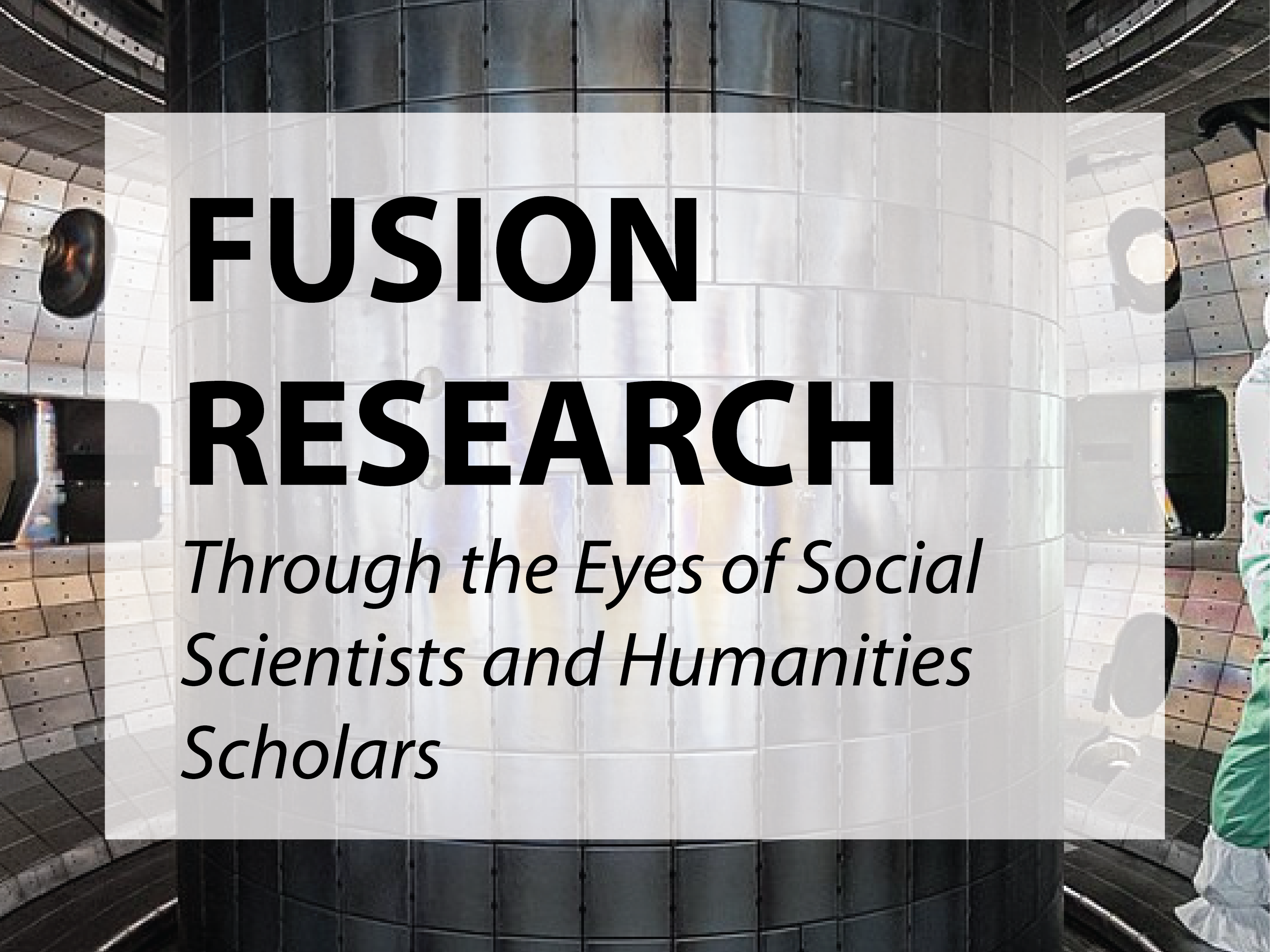For over 70 years the promise of controlled nuclear fusion as a source of clean energy has occupied the minds of scientists, policy makers and the public. The 1920 idea that the Sun generates its energy by nuclear fusion of hydrogen nuclei into helium sparked the dream of humanity learning to replicate this process on Earth. The enthusiasm of an Argentinian president about a nuclear fusion experiment created a nuclear fusion hype in 1951. This experiment proved flawed, but interest in the topic was aroused and nuclear fusion research launched.
While the construction of the largest nuclear fusion research facility in a long range of experiments is well on its way with ITER, and while every day thousands of natural scientists and engineers are studying this potential new source of energy, as of yet the topic has been largely neglected by the social sciences and the humanities.
Therefore this symposium will explore perspectives from the social sciences and humanities on nuclear fusion science — ranging from the history of fusion technology to the organisation of big science projects, and from the techno-economical side of fusion energy to the role of science diplomacy in fusion research.
Understanding the historical, philosophical, sociological, economic and political aspects of nuclear fusion research is important for further development of fusion as a useful technology and crucial for its potential future implementation. Studies of these aspects can at the same time bring new theoretical and empirical insights to the corresponding scholarly fields within the social sciences and the humanities.
We welcome fusion researchers, social scientists and humanities scholars to join a conversation about what we can learn from each other’s fields and experiences, and reflect on key discussions within and about fusion research.
The symposium is centred around seven sessions exploring different perspectives on fusion research. We are glad to announce the contributions of:
- 13:30 - 13:40 Welcome and introduction
- 13:40 - 14:10 Prof. Dr. Niek Lopes Cardozo, TU/e, “The techno-economic aspects of fusion”
- 14:10 - 14:40 Richelle Boone MSc, Leiden University, “Organizing interdisciplinary fusion research”, with response from Prof. Dr. Marco de Baar, DIFFER and TU/e
- 14:50 - 15:05 Anouck Vrouwe MSc, DIFFER, “Sharing memories: Glimpse into daily life at FOM Institute for Plasma Physics”
- 15:05 - 15:20 Dr. Ad Maas, National Museum Boerhaave, “Archiving and preservation of fusion research”
- 15:20 - 15:50 Dr. Robert Bud, Science Museum London, “Public technology and a historical perspective on nuclear fusion”
- 16:00 - 16:30 Prof. Dr. Gregor Schiemann, BU Wuppertal, “Philosophical, historical and sociological perspectives on the activities of the LHC”
- 16:30 - 17:00 Prof. Dr. Ir. Behnam Taebi, TU Delft, “Nuclear ethics: its past, present and futures!”
- 17:10 - 17:40 Dr. Mark Robinson, University of London, “Science diplomacy perspective on nuclear fusion collaboration”
- 17:40 - 18:00 Discussion and wrap-up
The symposium is free to attend, but please register to receive the Zoom link. You can register via Eventbrite here.

